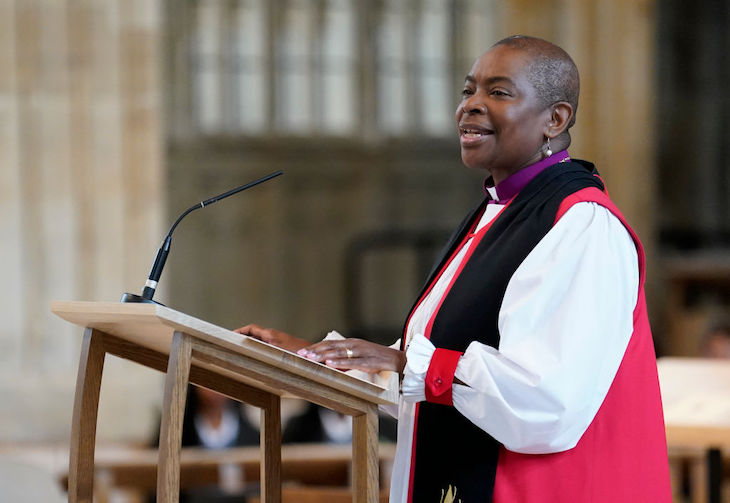Churches are emptier than ever since Covid. Fewer clergy have more and more parishes to look after; the buildings themselves are falling down, with little money available to repair them. In the face of these existential problems, what high-profile subject was discussed over the weekend by the General Synod of the Church of England? Encouraging more worshippers, perhaps, or possibly improving finances? Not quite.
Already a subscriber? Log in
Subscribe for just $2 a week
Try a month of The Spectator Australia absolutely free and without commitment. Not only that but – if you choose to continue – you’ll pay just $2 a week for your first year.
- Unlimited access to spectator.com.au and app
- The weekly edition on the Spectator Australia app
- Spectator podcasts and newsletters
- Full access to spectator.co.uk
Or




















Comments
Don't miss out
Join the conversation with other Spectator Australia readers. Subscribe to leave a comment.
SUBSCRIBEAlready a subscriber? Log in